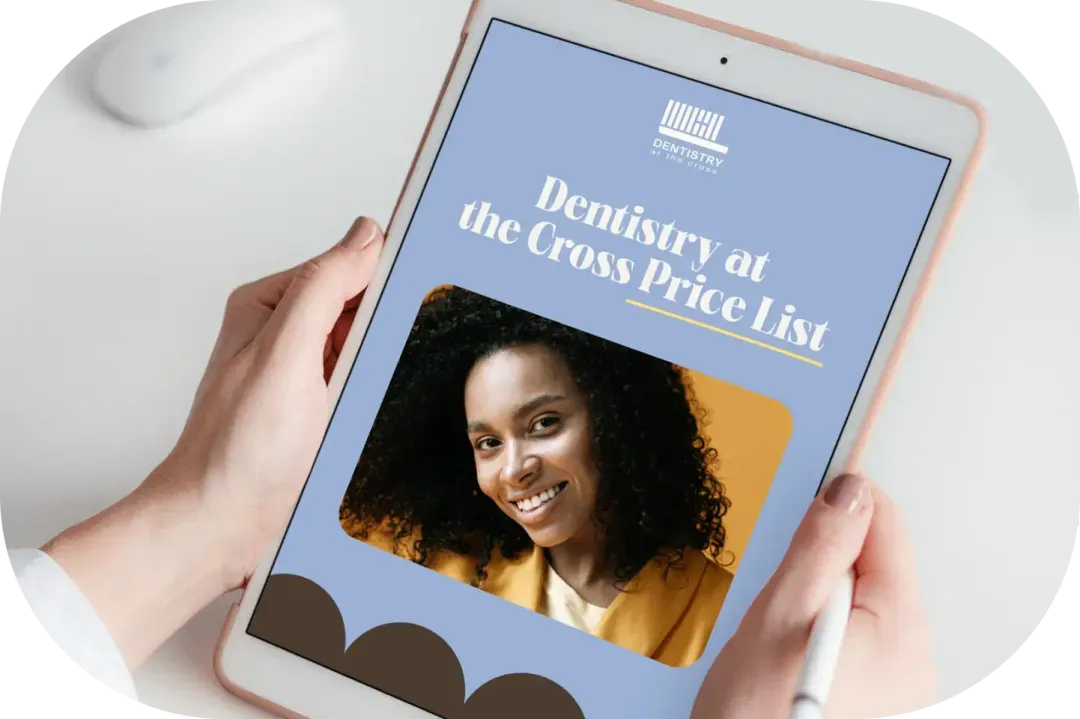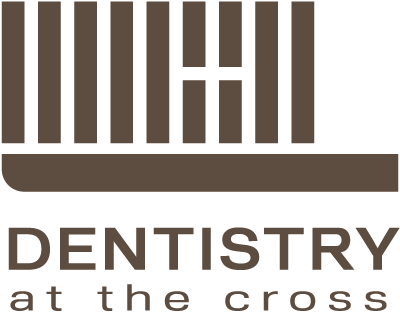Emergency dental right when you need it
Fix your dental emergency in a flash
No matter how mint your at-home oral care is, a regular check-up and clean can help you spot dental issues before they become a BIG headache! And you get to enjoy that freshly-polished feeling. Nice.

We won’t just patch you up and send you on your way. We’ll find the cause of the problem and provide you with a solution.
Get out of pain in a flash, so you can get on with your life with a smile! Simply give us a call and one of our Potts Point dentists will do their absolute best to fit you in today.
Get an emergency dental appointment today
We use gentle EMS Airflow technology
We ensure all accompanying treatment is softly softly - think ‘air and water’ softness
One-hour emergency appointments
We find you the right fix today so you can sleep easy tonight
Out-of-luck doesn’t mean out-of-pocket
We offer payment plans so you can leave with a healthy mouth and a healthy budget
Emergency dental care cost
- Emergency dental care
- Our Emergency dental service includes a full assessment of your concern and then the solution of course! We do this over a full hour so you leave with the problem fixed and the pain gone. Your dental emergency won’t leave you in financial pain either. Have a chat to us about our flexible payment options.
- From $85
No-stress payment options
Feel comfortable in the chair, and afterwards. All major health funds accepted and on-the-spot rebates available.
Restoring your smile doesn’t need to be uncomfortable — not even financially. Flexible, no-deposit, zero-interest payment plans mean you can enjoy your treatment anxiety-free, and so can your bank account.
No-stress payment options
3 steps to keeping your smile in tip-top shape
Step 1. Give us a call
Chat to one of our friendly staff and we’ll fit you in pronto!
Step 2. Sit back and relax
We’ll sort your dental emergency on the double (within one hour)
Step 3. Say toodle-oo to pain
Enjoy being out of pain and getting a grin back on your chin!
Ready to say hello to your new dentist Potts Point? Get our price list today.

Got a question about dental emergencies? Look no further!
What is a dental emergency?
If you sustain an injury or trauma to your teeth and have pain, swelling or visible damage (like a cracked, chipped, or loose tooth)—consider it a dental emergency. To give you an idea, the following are all considered dental emergencies:
1. Severe toothache
2. Facial swelling (may include tooth/gum pain or pus)
A tooth that’s:
— chipped
— cracked
— broken
— loose or has been knocked out
3. A cracked, loose, or lost dental filling or crown
Still not sure if you’re dealing with a dental emergency or not? Just give us a call and we’ll help you work it out.
Eek! My tooth has been knocked out. What should I do?
Give us a call pronto!
If the tooth is undamaged, we may be able to save it. Here are a few tips to help achieve a successful outcome:
1. Pick up the tooth by the crown (that’s the top part that sits above the gumline, not the root).
2. Rinse the tooth (ideally in milk, but water will do).
3. Gently pop it back in the socket.
4. Hold the tooth in place with a finger or by gently biting down on a soft, clean cloth or piece of clothing.
5. If you can’t reposition the tooth back in the socket, place it in a small cup of milk or hold it in your mouth (next to your cheek)
Get to your emergency dentist ASAP — ideally within 30 minutes.
Should I go to the hospital for a dental emergency?
Hospitals do have emergency dentists on hand. And, in serious dental emergencies it may be best to visit your closest hospital. Certainly, if you have severe bleeding, think you may have broken your jaw or have a head injury, please head straight to the Emergency Department at your local hospital.
Worried or unsure whether you should go to the hospital? Call us and we’ll help you decide what’s right for you.
What happens after my emergency dental appointment?
As with any dental treatment, your dentist will provide you with after-care advice. Be sure to follow the instructions closely. If a follow-up appointment is needed, make sure you book this in and stick to it.
What if I can’t afford to pay for emergency dental treatment?
Don’t stress. Simply chat to us about our flexible payment options. You don’t have to fret about having the funds in your bank right now, or even paying in one lump with our convenient payment plans.
How can I avoid dental emergencies?
That’s easy! Brush up on your at-home oral care by brushing and flossing daily. If you play a sport that could put your pearly whites at risk, consider wearing a mouthguard. Eat a balanced diet and avoid sugary foods and, most importantly, don’t forget your regular dental check-up and clean.


